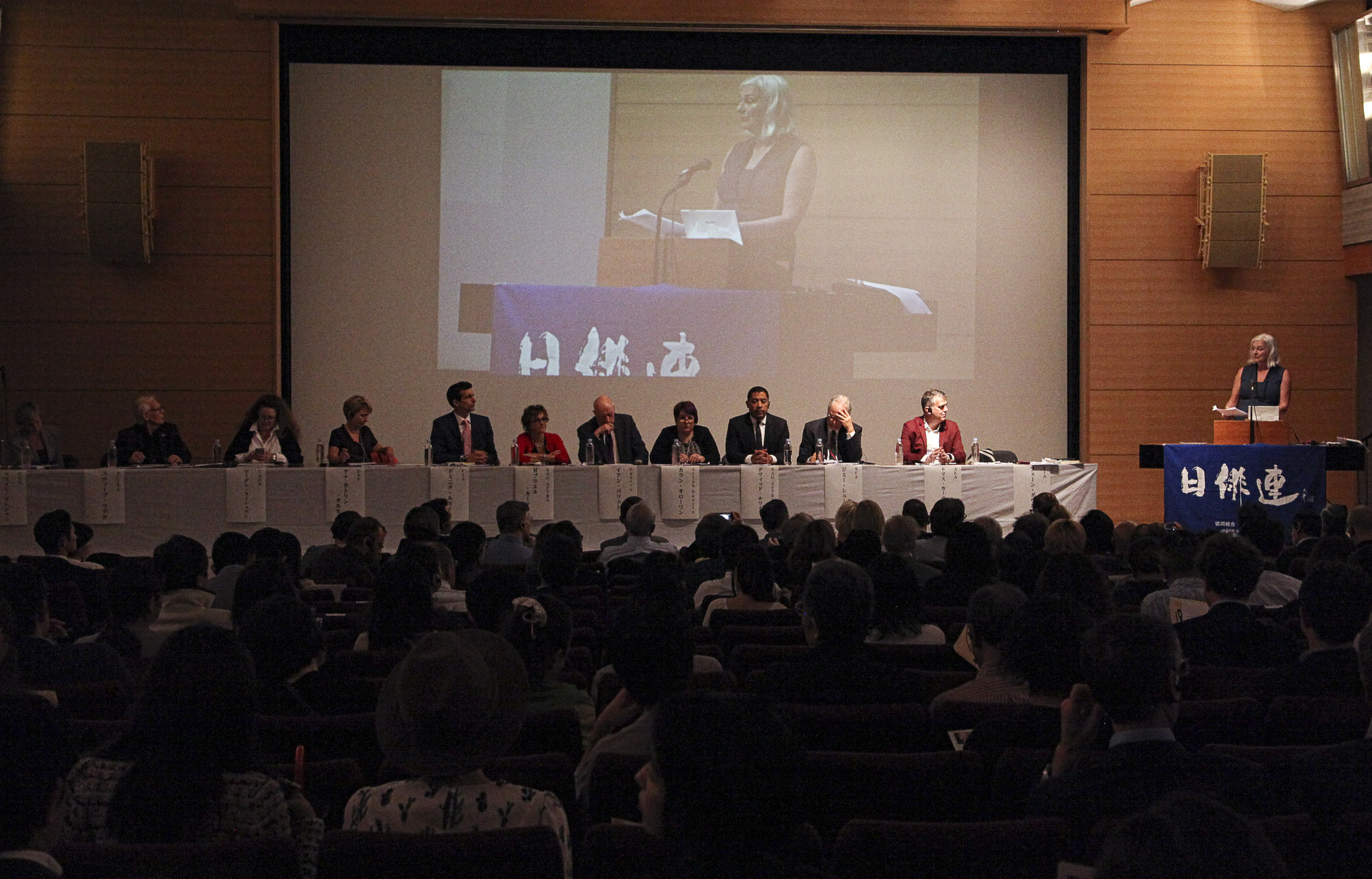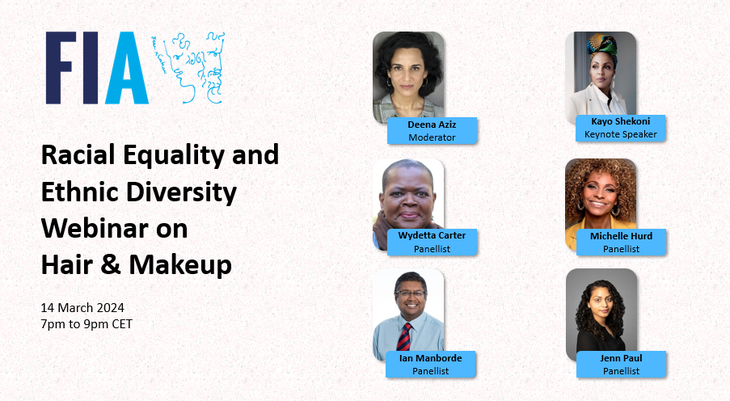FIA was deeply moved at its last Congress in 2016 by an alarming and eye-opening report about the challenges faced by professional actors in Japan, whose modest terms and conditions – despite the country’s allegiance to the UNESCO 1981 Recommendation on the Status of the Artist and Japan’s ratification of the WIPO Beijing Treaty – are alarming. As a result of this poignant presentation, and acknowledging the need for FIA to increase its presence in the Asian continent, FIA decided, for the first time in its history, to convene its 2018 Executive Committee meeting in the bustling city of Tokyo, in Japan, coupling it with an international symposium on the status of the artist.
The FIA Executive Committee was, as it often happens, an inspirational moment for many union delegates around the world, who rarely get a chance to reach beyond their national experience and take a broader look at how sister unions around the world all manage to address similar issues, often from a different perspective. Sharing best practices and improving our mutual understanding of the global challenges in our industry is extremely valuable to build unity and make our work ever so relevant to performers around the world.
The FIA Executive approved a robust investment policy for FIA going forward, designed to generate more income over time with a view to keeping affiliation fees at a reasonable level and meet growing servicing costs. The policy includes prudent guidelines for possible market ventures, with a special emphasis on ESG and labour-friendly investments. The Executive also monitored progress with respect to the revision of FIA members’ voting rights at Congress, an endeavour that will require a constitutional change and that intends to improve the relationship between each union’s membership size and their participation to the decision-making process.
One year after the outbreak of the Weinstein case and the commencement of the #metoo global movement, the FIA EC members discussed how the labour movement managed to lead sustainable changes in our industry and promote a zero-tolerance environment. Whilst acknowledging that systemic changes will require more time to materialize, the abundance of best practices surveyed at a special panel discussion showed how determined performer unions are to prevent the media and entertainment business from carrying on as usual. Many of these initiatives reach out to unconventional work environments, e.g. castings, promotional events, etc., where performers are all too often exposed to improper behaviour, and seek to ring-fence sensitive issues like the portrayal of romance or nudity, with a view to upholding the dignity and integrity of the artists undertaking these challenging roles.
The FIA Executive also discussed the booming global streaming business, led by some of the most powerful corporations the world has ever known, and the strides of pioneering unions into the fast-paced online content distribution environment, to establish jurisdiction and claim equitable terms and conditions for performers on productions made for, or carried over to, SVOD. Netflix, Amazon, Apple and others to follow are amongst the most profitable businesses on the planet and yet performers are paid less there than on traditional media. This clearly has to change, as consumer demand and appetite for mobile, on-demand entertainment is soaring to an unprecedented high.
Global corporations in our sector call for global union strategies to enforce respect for fundamental labour standards throughout the supply chain. The remit of the FIA International Production and Co-production working group was widened to include the conclusion of Global Framework Agreements, in cooperation with sister federations UNI MEI and FIM, as a possible additional tool to enhance cross-border solidarity and promote core workers’ rights, including the right to organise and collectively bargain, the right to work in safe and respectful environments, the right to decent working hours, working conditions and pay and respect for equal opportunities and diversity.
The FIA Executive endorsed new areas of work, including a comprehensive survey on the work of circus artists and a revision of the FIA Health and Safety guidelines to include, among other things, sexual harassment and bullying prevention. FIA will also consolidate best practices into a practical manual for members, providing guidance as to how best they may promote safer standards and harassment-free work environments for performers at national level.
Progress in the state of ratification of the WIPO Beijing Treaty was also high on the agenda. The entry into force of this landmark treaty, ending an unbearable discrimination between audio and audiovisual performances, is getting nearer with twenty-one confirmed contracting parities and only nine more needed for the BTAP to become legally binding. Whilst preparing to celebrate this historical moment, the FIA Executive resolved to continue to raise awareness and encourage more countries to join the treaty, over and beyond the minimum threshold, to ensure that the provisions in the treaty may set a truly universal standard with respect to how the moral and economic rights of audiovisual performers are to be respected.
The next meeting of the FIA Executive Committee will take place in Vancouver, Canada, from September 28 to October 3, 2019.
More pictures available on the FIA Flikr account.





